Little White Lie is a personal film about how the filmmaker came to terms with being raised as a white Jewish girl after discovering that her biological father was black.
Reflections by Sherry Chiang
![{Jennifer and Lacey]](https://re-presentmedia.org/wp-content/uploads/2020/05/0_19_667_400_lacey-300x180.jpg) The documentary Little White Lie (2014), conceptualized and directed by filmmaker Lacey Schwartz Delgado, raises many questions related to identity and shifts in self-perception. Following the screening event on August 18th, 2019 at the East Bay Community Center, she interacted with the audience, discussing perspectives on denial and acceptance.
The documentary Little White Lie (2014), conceptualized and directed by filmmaker Lacey Schwartz Delgado, raises many questions related to identity and shifts in self-perception. Following the screening event on August 18th, 2019 at the East Bay Community Center, she interacted with the audience, discussing perspectives on denial and acceptance.
First, Schwartz described how the concept of the film evolved. Little White Lie, she explains, shifted from a documentary focusing on an issue-based film about Jewish and black communities in 2002 to a deeply personal work when filming began in 2006. “What is the beginning, middle, and end [of the film],” Lacy said, becomes informed by shifts in self-perception. This relates to a bigger notion of the social construct race, where there is a choice between focusing on big societal issues versus individual familial structures. Lacey mentions that struggles around race are often experienced interpersonally, such as within families, instead of through overarching societal issues.
Lacey Schwartz, within Little White Lie, identifies as a black woman. When questioned by an audience member on whether her self-identity was exclusive or non-exclusive, specifically relating to Lacey’s origins of being born half Jewish, she says that while identifying as Jewish and black now, identities are fluid and that race is defined by perceptions of people.
While interviewing people after the question and answer session, I found out that another volunteer experienced a similar hiding and denial of identity. She, like Lacey, realized she had a different father following the beginning of college, yet she does not discuss the issue with her mother due to the cultural shame or stigma her mom would face, internally and externally. From other audience members, I found several second timer viewers of the film, and that Little White Lie became of personal significance to them because of its resonance with their stories.
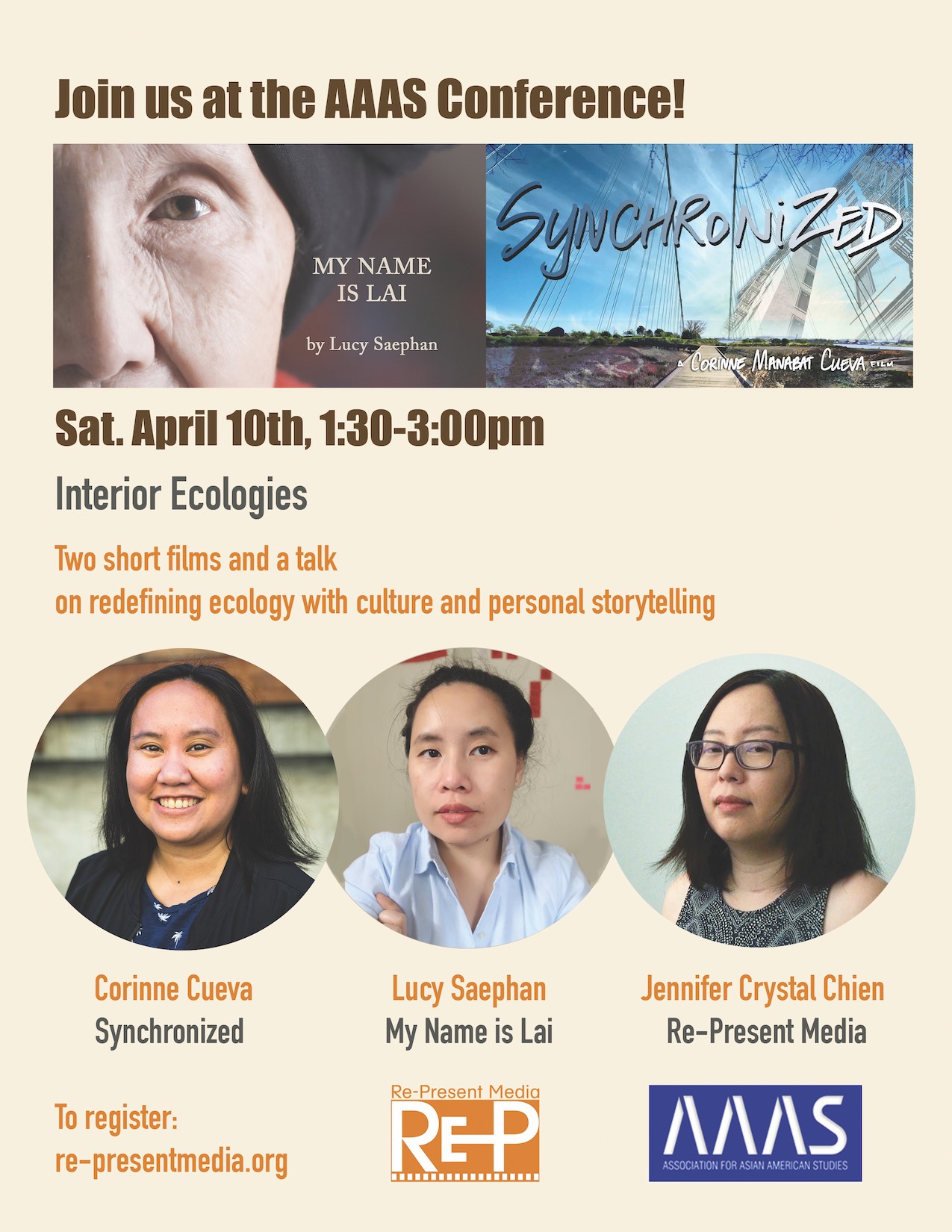
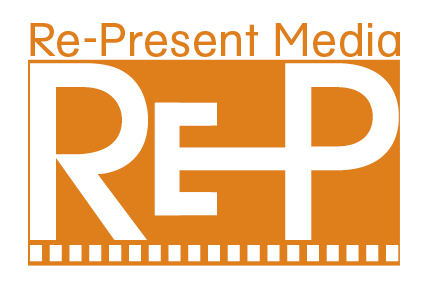
![[Event poster]](https://re-presentmedia.org/wp-content/uploads/2020/11/Event3_Posterv4_sm.jpg)
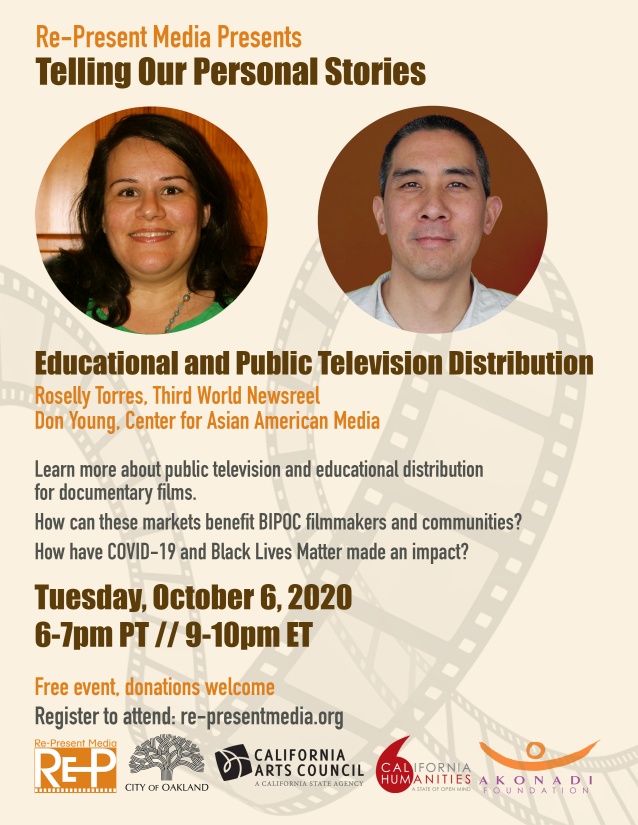
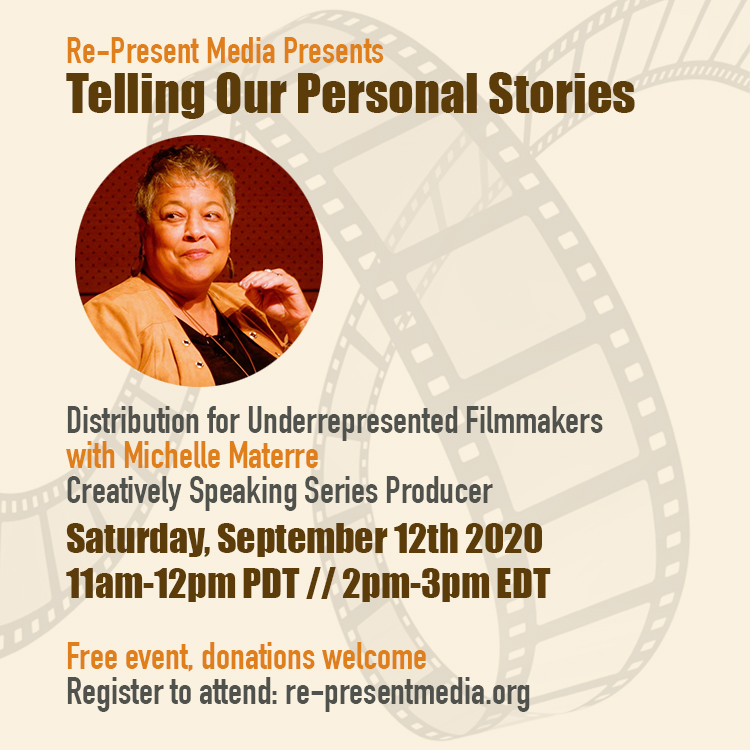
![[Little White Lie]](https://re-presentmedia.org/wp-content/uploads/2020/05/LaceyPoster2.jpg)
![{Jennifer and Lacey]](https://re-presentmedia.org/wp-content/uploads/2020/05/0_19_667_400_lacey-300x180.jpg)
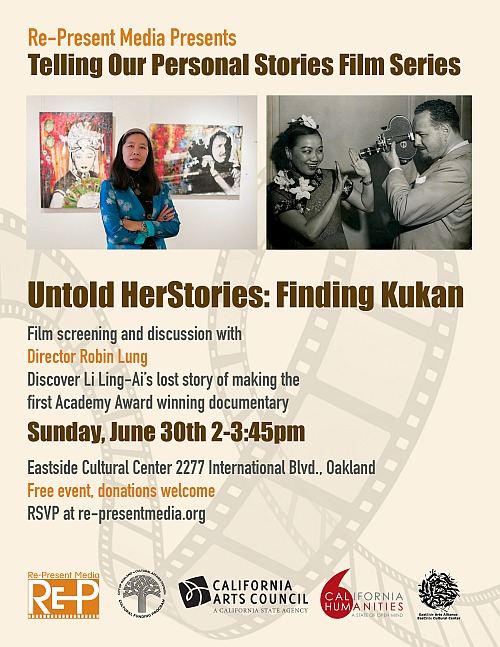
![[Finding Kukan]](https://re-presentmedia.org/wp-content/uploads/2020/05/191_0_500_332.876712329_FindingKukan-300x200.jpg)
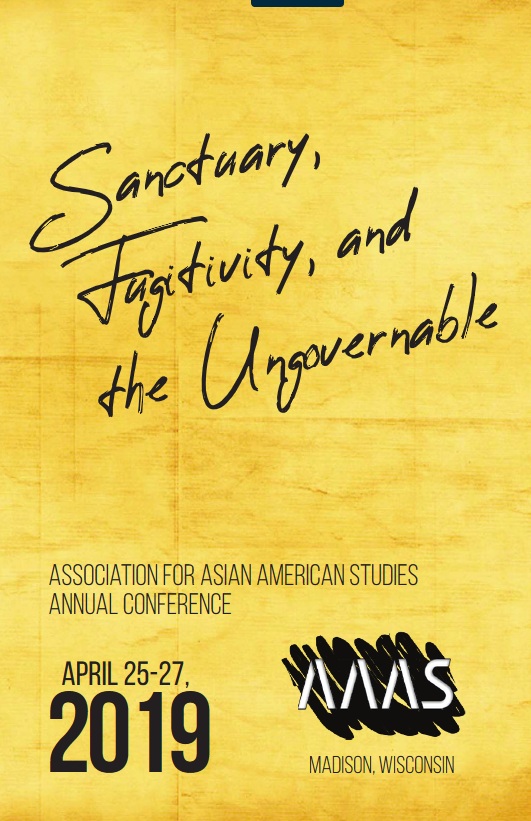
![[AAAS 2019]](https://re-presentmedia.org/wp-content/uploads/2020/05/aaas2019_sm-564x300-1.jpg)
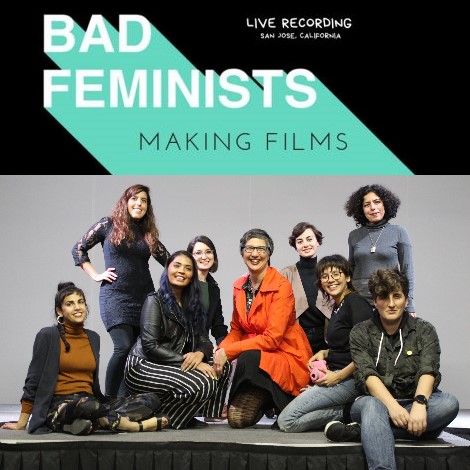
![[discussion on stage]](https://re-presentmedia.org/wp-content/uploads/2020/05/bfmf1-300x177.jpg)
![[Pluralities Conference]](https://re-presentmedia.org/wp-content/uploads/2020/05/pluralities-300x138-1.jpg)
![[AAAS cover]](https://re-presentmedia.org/wp-content/uploads/2020/05/AAAS-cover.jpg)